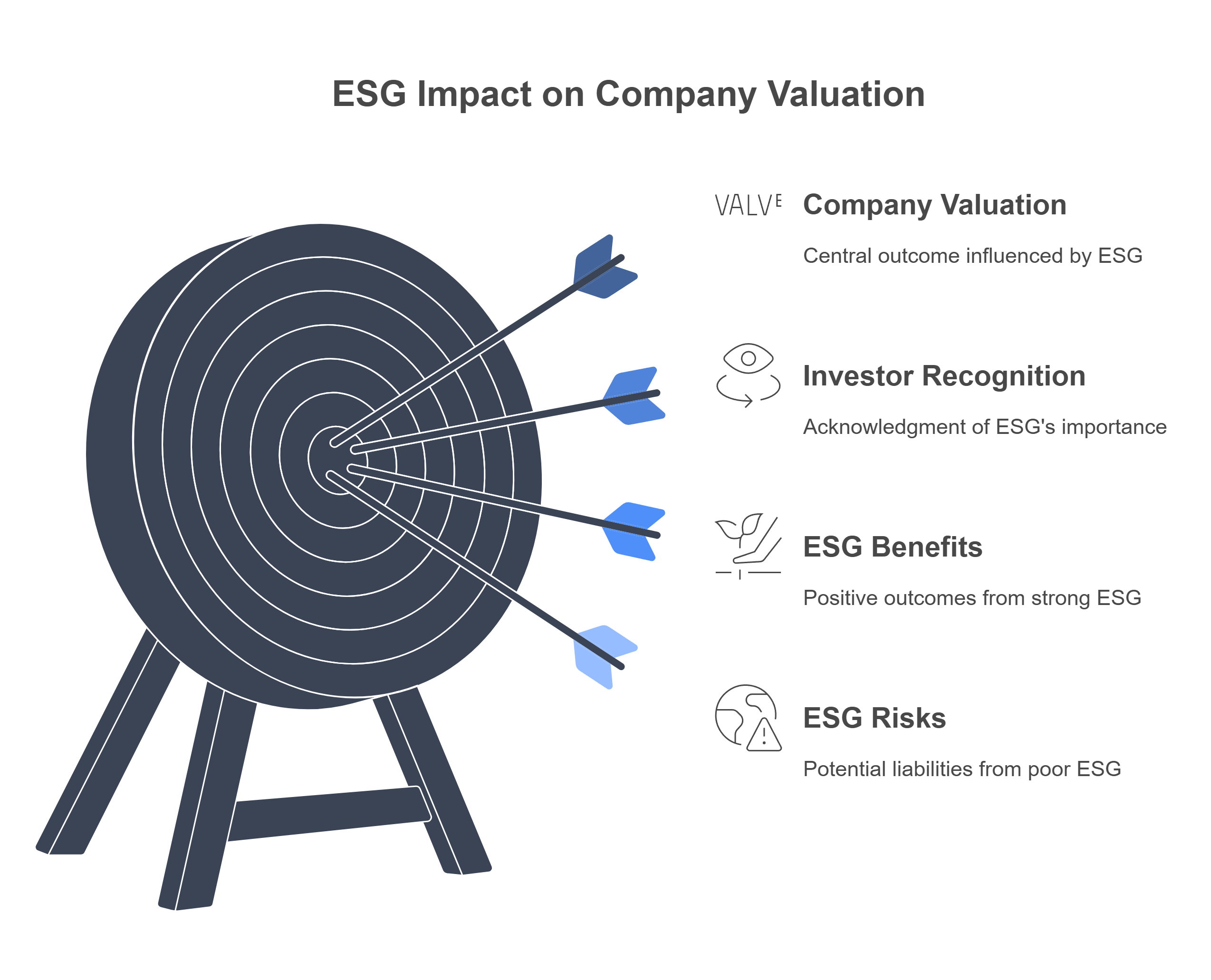What began as quiet conversations in boardrooms about “sustainability” and “responsible investing” has now grown into a dominant force. Today, environmental, social, and governance (ESG) factors are no longer just optional considerations—they’ve become central to mergers and acquisitions. ESG isn’t about checking off a few requirements anymore; it’s now deeply embedded in the entire dealmaking process, reshaping how businesses are assessed, valued, and pursued in acquisitions.
ESG Due Diligence: Beyond the Balance Sheet
Gone are the days of solely focusing on financial metrics. Today, acquiring companies are digging deeper, scrutinizing targets’ ESG performance with the same rigor they apply to financial statements. This involves evaluating everything from carbon emissions and supply chain practices to diversity and inclusion initiatives and data privacy policies. A company with a stellar balance sheet but a questionable environmental record is now a risky bet, plain and simple.
Consider the recent acquisition of a mid-sized energy company by a larger, publicly traded conglomerate. Despite strong financials, the target’s reliance on coal-fired power plants raised red flags during ESG due diligence. The acquirer ultimately renegotiated the deal, factoring in the significant costs associated with transitioning to renewable energy sources. This exemplifies how ESG due diligence can directly impact valuations and deal terms.
Valuations: The ESG Premium
Companies with robust ESG profiles are increasingly commanding a premium in M&A transactions. Investors recognize that strong ESG performance can translate into lower operational risks, enhanced brand reputation, and improved access to capital. Conversely, companies with poor ESG track records face potential liabilities, reputational damage, and difficulty attracting investors, all of which depress their valuations.
According to a recent survey by a leading consulting firm, 70% of investors reported incorporating ESG factors into their valuation models. This reflects a growing consensus that ESG is not just a feel-good initiative but a material factor impacting a company’s long-term value creation potential.

Deal Structures: Aligning Incentives
The influence of ESG is also evident in the structuring of M&A deals. We're seeing more deals incorporate ESG-linked earn-outs, where a portion of the purchase price is contingent on the target achieving specific ESG performance targets post-acquisition. This mechanism aligns incentives and ensures that both the buyer and seller are committed to achieving sustainable growth.
For example, imagine an acquisition in the fashion industry. The deal might include an earn-out based on the target company achieving specific targets related to reducing its environmental footprint through sustainable sourcing and manufacturing practices. This not only incentivizes the target company but also demonstrates the acquirer's commitment to responsible business practices.
The Future of M&A: ESG at the Forefront
The integration of ESG into M&A is not a passing trend; it’s a fundamental shift in how deals are done. As stakeholders – from investors and customers to employees and regulators – increasingly demand corporate accountability, ESG will continue to play an even more prominent role in shaping the M&A landscape. Companies that embrace ESG as a core business imperative will be best positioned to capitalize on opportunities and navigate the evolving complexities of the M&A market in 2025 and beyond.
















